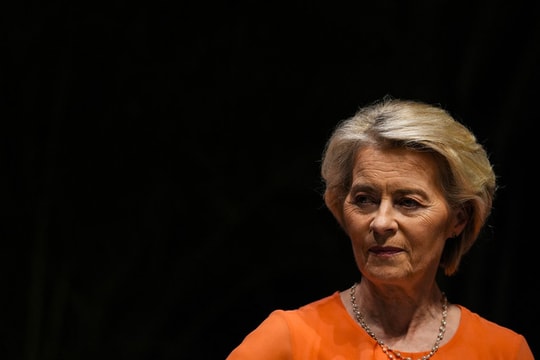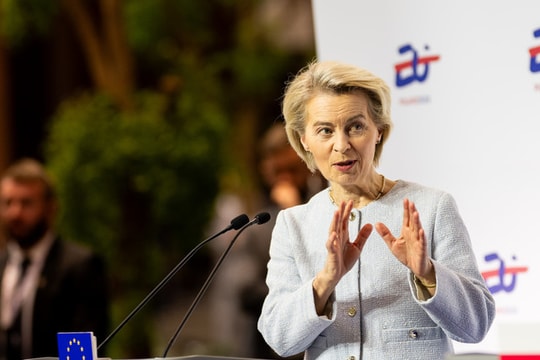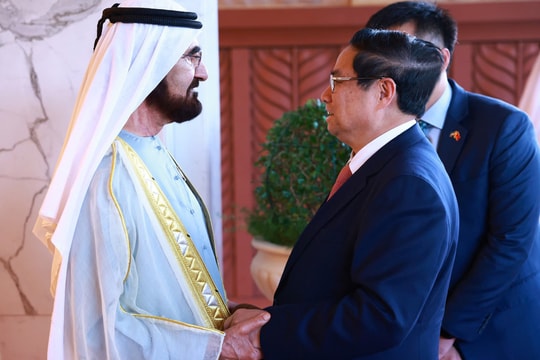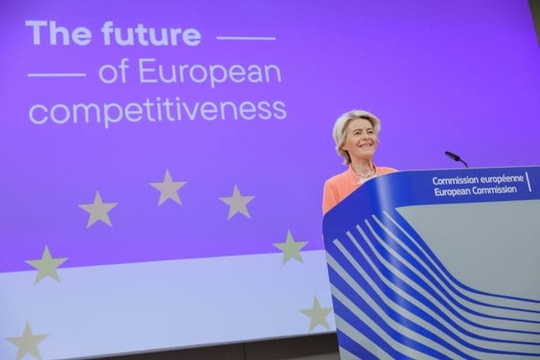European Commission approves EU-MERCOSUR Free Trade Agreement
On September 3, the European Commission approved the European Union (EU) – MERCOSUR Free Trade Agreement with Latin American countries, and called on member states to ratify the agreement to form the world's largest free trade area with about 700 million consumers.
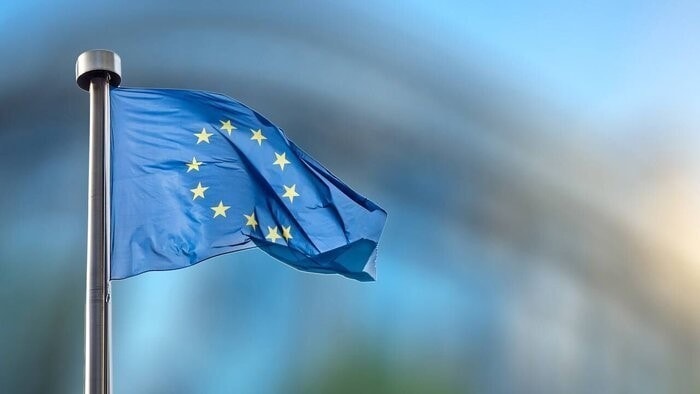
Presenting the deal, European Commission President Ursula von der Leyen said EU businesses and the EU agri-food sector would immediately benefit from reduced tariffs and costs, contributing to economic growth. European Council President Antonio Costa also stressed that the agreement would be a “great opportunity” to strengthen the “EU’s competitiveness” and open markets to new products and services.
Under the deal, MERCOSUR countries will gradually eliminate import tariffs on 91% of EU goods, including cars, chemicals, wine and chocolate, which currently face tariffs of up to 35%. According to Brussels, the agreement will save European exporters more than €4 billion ($4.6 billion) a year in tariffs in Latin America.
The European Commission estimates the deal will boost EU exports to MERCOSUR by 39%, or 49 billion euros ($57 billion), annually, giving Europe an advantage over China and other countries vying for influence in the region. In return, agricultural giant Brazil and its neighbors will be able to sell meat, sugar, honey, soybeans and other products to Europe with fewer restrictions.
By ratifying the deal, the EC has taken the first formal step before presenting the free trade agreement to the 27 member states and European parliamentarians. The text needs to be approved by at least 15 EU member states – and the European Parliament – to be formally adopted. However, the ambitious deal is facing opposition from France, which fears that cheap agricultural goods from across the Atlantic will undermine European agriculture.
To reassure Paris, Brussels plans to supplement the agreement with a “legal text” to strengthen safeguards for “sensitive European products.” The EC has pledged to intervene if imports have a negative impact on sectors such as beef, poultry, sugar and ethanol. In response, the French Trade Minister said the EU-MERCOSUR trade deal is on the right track.
Meanwhile, the battle for ratification of the agreement in the European Parliament is expected to be tough. One of the most sensitive points concerns sanitary and environmental standards, with European farmers accusing South American rivals of failing to comply with EU standards due to a lack of effective control mechanisms.
However, the agreement with MERCOSUR also won a lot of support, first of all from Germany - a country that wants to expand the market for industrial enterprises. Meanwhile, Italy expressed a cautious attitude, saying that it needed to consult with relevant parties before approving the agreement.
Over the past year, the EU has launched trade deal negotiations with the United Arab Emirates and Malaysia, and held summits with India and South Africa, among other initiatives.
In the current unstable geopolitical context, diversifying supply chains and strengthening partnerships with trusted allies, partners and friends has become “essential,” according to EU officials.

